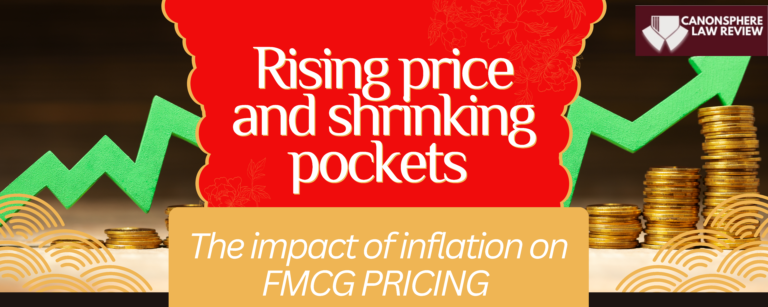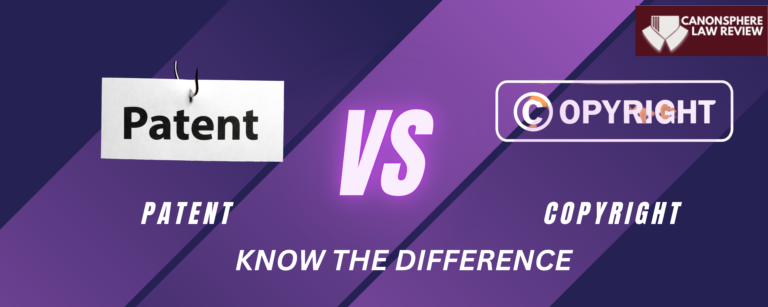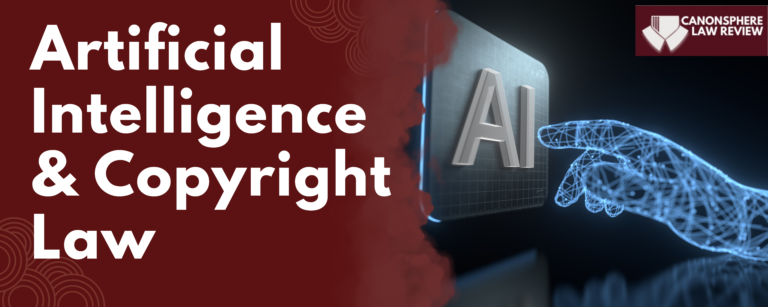This short blog has been written by Dr. Sreenidhi KR and co-authored by Puja Dagur. Sreenidhi and Puja are law students at CMR School of Legal Studies, Bangalore.
ABSTRACT
This paper explores the intersection of law, technology, and constitutional interpretation through an analysis of landmark judgments delivered by the Supreme Court of India. As technological advancements such as biometric data collection, internet governance, surveillance mechanisms, and artificial intelligence reshape societal structures, the judiciary faces the challenge of balancing innovation with constitutional principles. Through cases like Justice K.S. Puttaswamy v. Union of India (privacy and Aadhaar), Shreya Singhal v. Union of India (freedom of speech online), and Anuradha Bhasin v. Union of India (internet shutdowns), the Court has demonstrated a dynamic approach to interpreting constitutional rights in light of evolving technological realities. Key themes include the application of proportionality, the safeguarding of fundamental rights in digital spaces, and addressing legislative gaps in regulating emerging technologies. This abstract highlights the judiciary’s critical role in ensuring that technological progress aligns with the core tenets of the Indian Constitution, offering insights into the challenges and implications of this evolving legal landscape.










